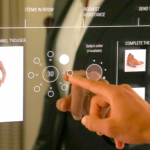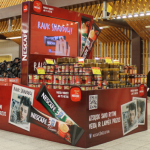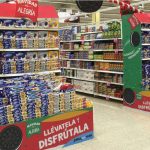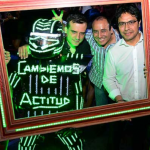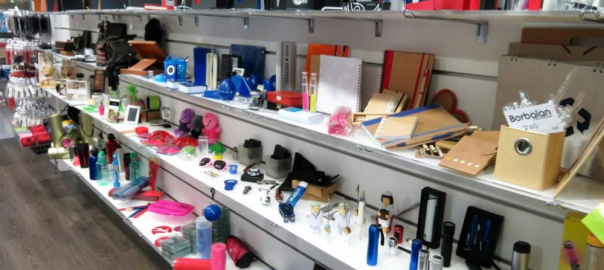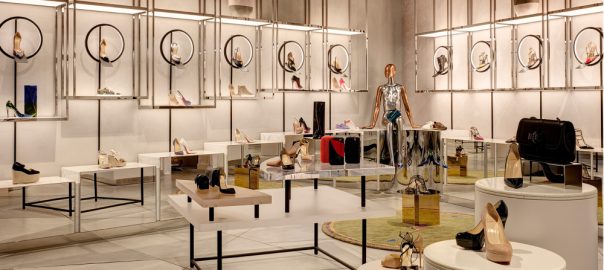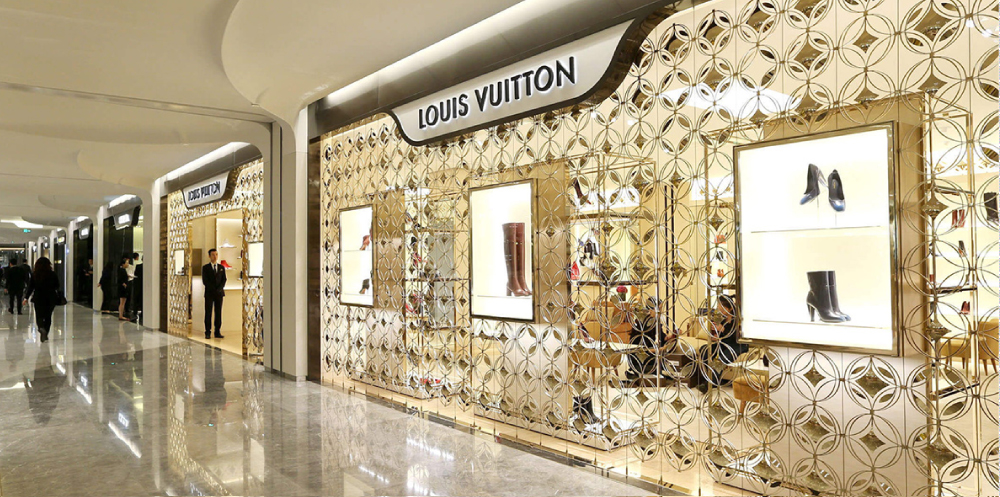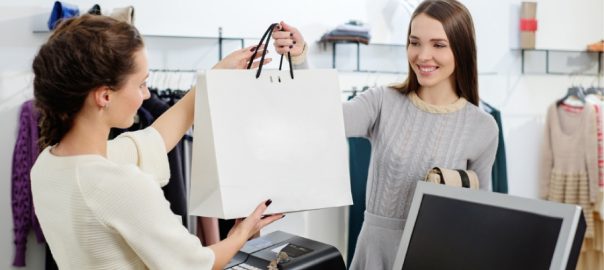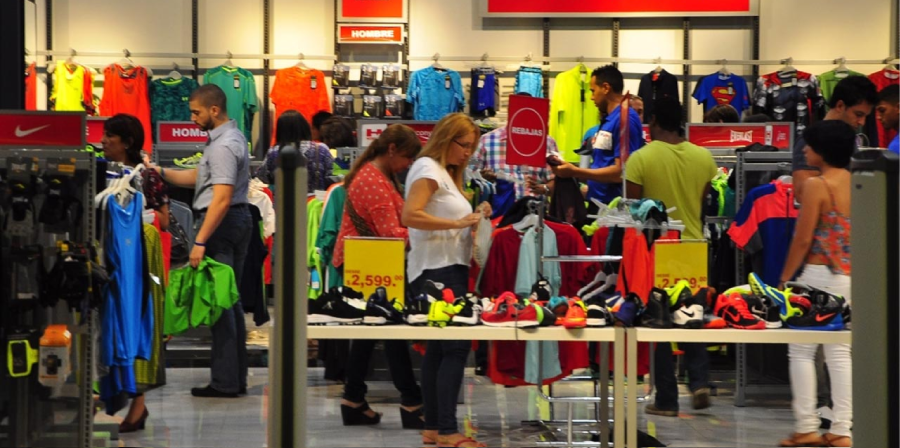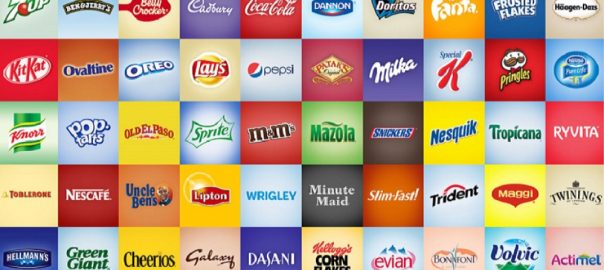At the point of sale you can use different strategies to guide the purchase intention and make a particular brand and product more visible. Therefore, the implementation of an additional exhibition becomes a key action for this purpose.
Valeria Di Cicco, InformaBTL columnist and expert in retail, shopper and trade marketing, points out that using an exhibition of this nature, such as an island or headboard, interrupts the tour of the shopper in the store, which allows the customer to attend certain product shown there, and in this way you feel motivated to buy, even though you had not planned to do so.
Generating this type of impulse purchases benefits not only the brands, but also the retailer in its sales and profitability.
POP material, ally of the additional exhibitions
Although the protagonist in an additional exhibition is the product and manufacturer, it is necessary that the buyer perceives a good communication and clear messages, in such a way that the purchase intention is greater and the exhibition really fulfills its purpose.
In this sense, POP material (Point of Purchase) can be a strategic ally to make the impact of the headland or island greater, attract more attention and contribute to a sale.
But what is the POP material that helps an additional exhibit to be more profitable?
Alberto Flores, Creative Director of the design agency FOIC LECANDA, commented in an interview that this type of material allows a brand to reinforce and expand the communication of a certain message, as well as to put before the consumer additional information that will influence its final decision shopping.
To praise that there is a promotion as a discount, a gift when acquiring a certain article, exposing the benefits that a certain product has, mentioning that with the purchase of certain merchandise a social cause is helped, it will make the POP material responsible for communicating that persuade the client , to the point of motivating a special interest to buy.
According to Storecheck data, 44 percent of shoppers direct their gaze to headers, another 42 percent to the islands and 10 percent to stoppers or hanging on the shelf.
These figures show the relevance of POP material not only within a department and category, but also in an additional exhibition.
According to the Research Department of InformaBTL, of the total invested in 2017, 4.1 percent was allocated to the creation and application of POP material at the point of sale.
Source: Informabtl.com


 Español
Español
